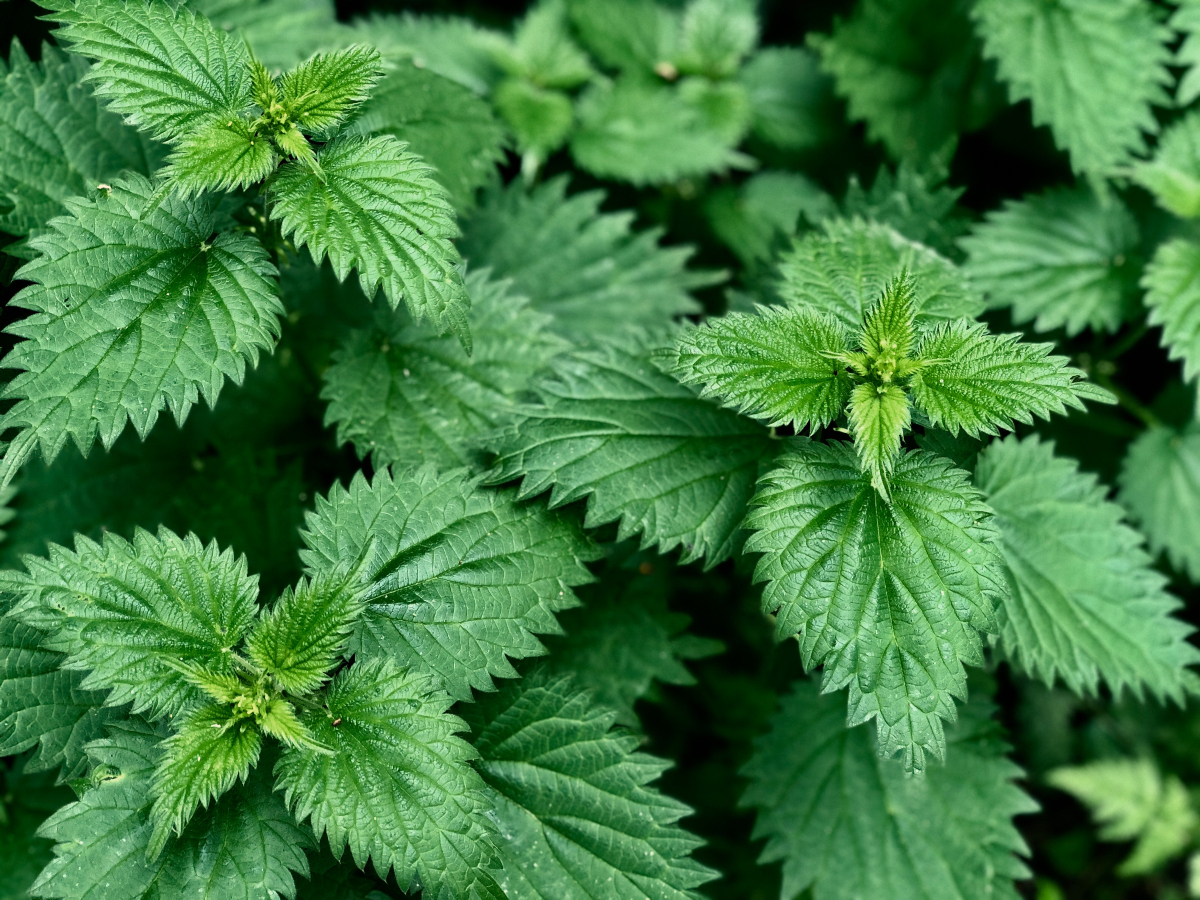Allergies are an overreaction of the immune system to an otherwise innocuous substance. This time of year, pollen is the usual culprit. Pollen allergies can cause numerous symptoms that vary from mild to debilitating. While allopathic treatment of allergies involves palliating symptoms, naturopathic treatment strives to find the cause and to treat symptoms with treatments that do not cause side effects.
Most over-the-counter and prescription medication suppresses the inflammation caused by the overreaction of the immune system. These medications may help you deal with your symptoms, but may also cause unwanted side effects. Anti-histamines, for example, may cause drowsiness even when they claim otherwise. Inhaled nasal steroids typically carry fewer side effects, but none of these medications actually address the cause of the allergies.
Addressing gut health crucial to treating allergies naturally. An important part of healthy digestion is making sure the gut ecosystem is in balance. We have more cells in our bodies that are “non-self” than cells that are our own because of the gut flora that forms this ecosystem. Most of our immune system is located in the intestines in areas called Pyer’s patches, so having a healthy ecosystem helps to provide good training grounds for the immune system.
Before refrigeration, we used to can and ferment a lot of foods in order to prevent them from spoiling. Fermentation creates an abundance of microorganisms that are beneficial to our digestion. Today we find these beneficial organisms in foods such as sauerkraut and yogurt, but unfortunately not in therapeutic amounts. Our modern day diets are mostly lacking both in beneficial flora and sufficient fiber to feed the bacteria, making supplementation with probiotics necessary to maintain optimal digestive health.
Probiotics are a mainstay of natural allergy treatment. However, not all products are stable or have a very long shelf- life. A recent study of probiotics found in health food stores found that only one brand had the organisms it claimed to have. It is therefore important to get them from a reputable source.
I’ve had a couple of patients whose allergies went away completely by ONLY supplementing with probiotics! However, most of us require a little extra help in dealing with allergy symptoms. Probiotics are a good first step, but usually this is a long-term way to help train the immune system not to overreact in the first place. Getting rid of allergies can be a very challenging task. In the meantime, the following are more ways I have found that help with allergy symptoms.
1. Nasal lavage. Rinsing out the nasal passages with salt water helps clear out the pollen that triggers allergies. This should be done on a daily basis to prevent the mucus from thickening so it won’t lead to sinusitis. If you are unsure how to use a neti pot, search for demonstrations on YouTube, there are many!
2. Nettles/ Urtica urens. Nettles is an herb that is full of bio-available mineral and has an overall alkalinizing effect on the body. Most people with allergies have a tendency to have a more acidic pH. Nettles have been found to have “superantigenic activity”, meaning they can help induce a more balanced immune response. A few of my patients have responded very well to ONLY treatment with this herb. It can be taken in the form of a tea or a tincture or as capsules. Nettles may also be eaten fresh, after harvested and processed correctly– the stingers have been removed (by boiling, for example). Some people take nettles throughout the year, and others find they only need to start taking it a month or so before they know their allergies will begin to act up.
3. Quercetin is an anti-inflammatory bioflavonoid molecule found in some foods. Unfortunately, it is poorly absorbed, so high amounts are needed for therapeutic purposes. Some companies make a form of quercetin that is more bio-available (such as IsoquerceTRIN by Integrative Therapeutics), but 2-3 x day dosing is still required to manage most people’s allergy symptoms.
5. Acupuncture helps strengthen the immune system, decreases inflammation, and helps balance the body’s flow of energy. Symptom relief from an acupuncture treatment may last hours to a few days. It also helps prevent allergy symptoms from progressing to complications such as sinusitis or bronchitis.
6. Should you have excessive nasal congestion or progression to sinusitis, cold laser therapy is very effective at reducing sinus pain and pressure. By reducing the inflammation of the mucosal lining of the sinus cavities, the mucus can drain out more easily, thereby relieving the pressure. By getting one to three cold laser treatments at the onset of allergies and sinus pain, my patients have been able to avoid the use of antibiotics.
8. Strategies to reduce overall exposure to allergens also help greatly. Showering before bed to rinse pollen off of your body and hair makes a big difference. So does washing pillow covers every other day during allergy season. People with dust mite allergies get a lot of relief by covering their pillows and mattresses with special protective covers.
9. One’s diet can greatly influence the intensity of seasonal allergy symptoms. First and foremost, make sure you are drinking plenty of water as this is the best way to keep mucus thin and easy to get out of the body. The general rule of thumb, unless your doctor has told you otherwise, is to drink half your weight in ounces. For example, a 150 pound person should be drinking at least 75 ounces of water per day. Dairy should be avoided, as it creates more congestion and mucus in the body. Sugar should also be avoided, as it feeds bacteria that may already be looking to settle in your congested sinuses or lungs. Following the anti inflammatory diet or getting tested for food allergies is also a good way to avoid potential food triggers than may lead to further inflammatory responses. Many of my patient’s seasonal allergies are reduced or even eliminated via diet alone.
Everyone reacts differently to these natural strategies for dealing with allergies. As previously mentioned, some people respond very well to just one thing. For most people, finding a combination of the above suggestions will work to decrease or resolve their allergy symptoms. Talk to your doctor to see which of the above suggestions may work best for you! The more proactive you can be, the better your results will be.
Photo of nettles by Paul M. on Unsplash



